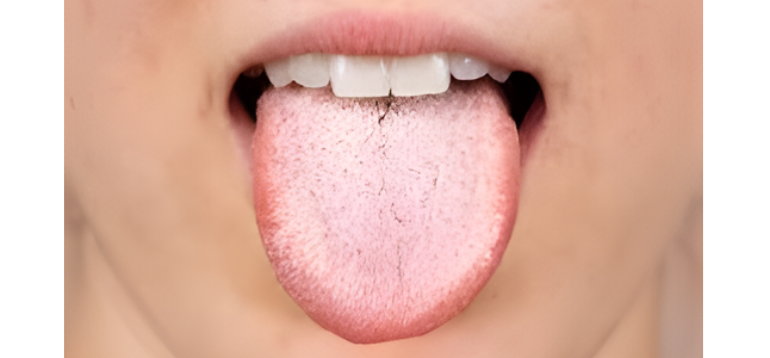Oral Leukoplakia White Patches In The Mouth Explained
Oral leukoplakia is a condition where white or grayish patches appear on the mucous membranes inside the mouth. While often painless, it is considered precancerous in some cases and requires careful evaluation. Understanding its causes, symptoms, and treatment options is crucial for maintaining oral health.
What is Oral Leukoplakia?
Leukoplakia causes thickened, white patches that you cannot wipe off and usually appear on the gums, inner cheeks, tongue, or floor of the mouth. Abnormal cell growth in the oral cavity causes oral pathologies and may occasionally progress to oral cancer if left untreated.
Common Symptoms
| Symptom | Description |
|---|---|
| White or gray patches | Usually painless and firm to the touch |
| Red areas (Erythroplakia) | May indicate a higher risk of precancerous changes |
| Rough or thickened spots | Often found on the tongue, gums, or cheeks |
| Mild discomfort or burning | Especially when eating spicy or acidic foods |
| Persistent lesions | Do not heal on their own over time |
Early detection is crucial, as leukoplakia can sometimes progress to cancerous lesions.
Causes and Risk Factors
Several factors contribute to the development of oral leukoplakia:
- Tobacco Use: Smoking or chewing tobacco is the leading cause.
- Alcohol Consumption: Heavy alcohol use increases susceptibility.
- Chronic Irritation: From rough teeth, dental appliances, or ill-fitting dentures.
- Immune System Disorders: May trigger abnormal tissue growth.
- Age and Gender: More common in adults over 40, and slightly more in men. Identifying these risk factors helps in the prevention and management of the condition.
Diagnosis and Treatment
At Ivory Dental Clinic, Dr. Vishwas Madan and his team use advanced diagnostic tools to detect oral leukoplakia early and provide effective treatment options.
| Treatment | Purpose | Price (INR) |
|---|---|---|
| Biopsy | Confirms the presence of abnormal or precancerous cells | ₹8,800 |
| Laser Therapy | Removes affected tissue safely and promotes healing | ₹19,800 |
| Therapeutic Injections | Reduces inflammation in severe cases | ₹4,400 per visit |
| Regular Monitoring | Tracks changes and prevents progression | Customized |
Treatment Approach:
- Biopsy: Confirms the diagnosis and rules out precancerous or cancerous changes.
- Laser Therapy: Removes abnormal tissue safely with minimal discomfort.
- Injections and Medications: Help reduce inflammation in severe lesions.
- Lifestyle Adjustments: Avoiding tobacco, alcohol, and other irritants.
Early treatment improves prognosis and reduces the likelihood of progression to oral cancer.
Preventive Measures
Preventing oral leukoplakia involves reducing risk factors and maintaining good oral health:
- Quit tobacco in all forms and limit alcohol consumption.
- Maintain excellent oral hygiene and regular dental check-ups.
- Avoid chronic irritation from sharp teeth or dental appliances.
- Eat a balanced diet rich in fruits and vegetables.
- Monitor your mouth regularly for unusual patches or sores.
When to See a Dentist
It’s important to consult a dentist if you notice:
- White or gray patches that persist for more than two weeks
- Red or mixed red-and-white areas in the mouth
- Pain, burning, or discomfort when eating or speaking
- Swelling or unexplained changes in oral tissue
Early professional evaluation ensures timely treatment and reduces the risk of complications.
Looking For Oral Leukoplakia Treatment In Town?
One should never ignore signs of oral leukoplakia. With timely diagnosis and treatment, patients can prevent potential progression to oral cancer and maintain optimal oral health.
Ivory Dental Clinic offers expert evaluation, advanced treatment options, and personalized care under the guidance of Dr. Vishwas Madan. The clinic’s approach combines technology, expertise, and patient-centered care to deliver the best possible outcomes.
Early detection, proper management, and preventive care are the keys to a healthy mouth. Don’t wait to get your oral health checked.


